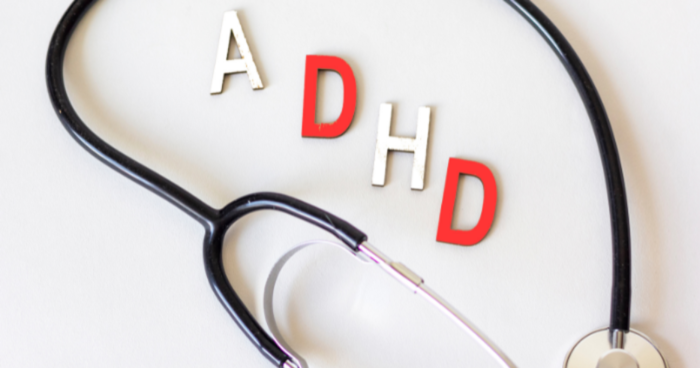
Imagine your brain getting stuck on a certain idea or image, then pushing you to do the same task over and over again — that’s the reality for someone with Obsessive-Compulsive Disorder, or OCD. It's like having a looped tape playing in your mind that you can't turn off, compelling you to act in ways that might not make sense to others, and often, not even to yourself. Let's simplify this complex condition to understand it better.
OCD in a Nutshell
OCD is a mental health disorder that involves two main parts: obsessions and compulsions.
- Obsessions are unwanted and intrusive thoughts, images, or urges that trigger deeply distressing feelings.
- Compulsions are behaviors an individual feels compelled to perform in order to ease their stress or anxiety, or to prevent something bad from happening, even if logically they know it won’t.
A Closer Look at Obsessions
These aren’t just everyday worries about real-life problems. They're intense. Someone with OCD might be consumed with thoughts about germs contaminating everything they touch, leading to illness. Or, they might be plagued by fears of hurting others accidentally, despite being very careful.
The World of Compulsions
Compulsions are repetitive actions or mental acts that someone feels they must do. These can include excessive handwashing, checking things repeatedly, arranging items in a particular way, or repeating specific words or phrases. The goal? To reduce the anxiety brought on by obsessions or to prevent a feared event or situation. However, these compulsions often end up controlling them.
It’s About Anxiety
At its core, OCD is tied to anxiety. The compulsions are essentially a way of trying to manage or reduce the anxiety caused by the obsessions. But it's a temporary fix at best. The relief they provide is fleeting, and the cycle soon begins anew.
More Than Just a Quirk
OCD is more than just being a bit particular about cleanliness or liking things arranged neatly. It can significantly interfere with a person's daily life, relationships, and functioning. It's not something they can simply "stop" or "get over."
Finding Help
The good news? OCD is treatable. With the right combination of therapy (like Cognitive Behavioral Therapy, especially Exposure and Response Prevention) and medication, many people with OCD can manage their symptoms and lead full, productive lives.
Understanding OCD is the first step toward compassion and support for those who live with it. By recognizing the signs and encouraging treatment, we can help make a difference in the lives of those affected by this challenging but manageable disorder.


